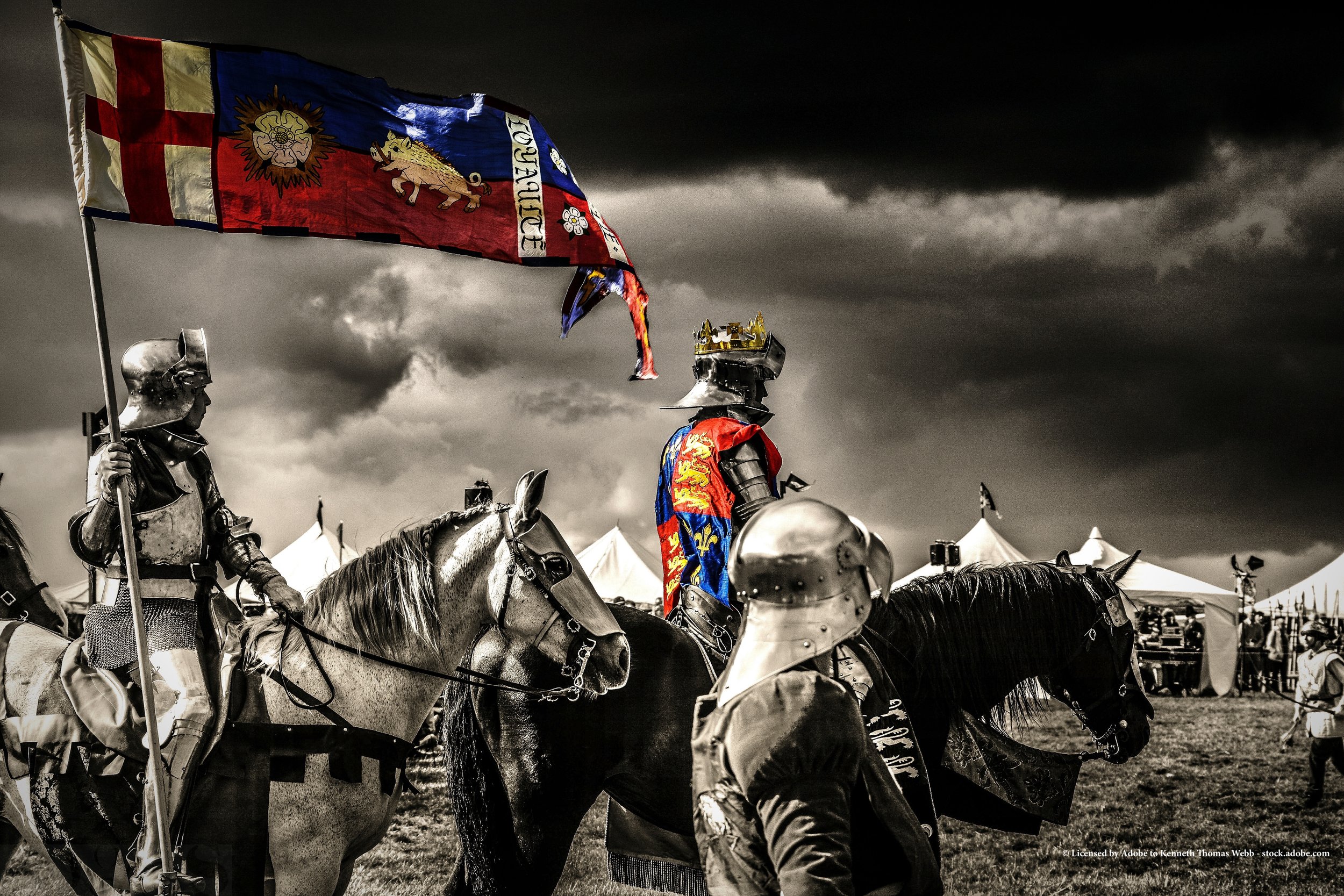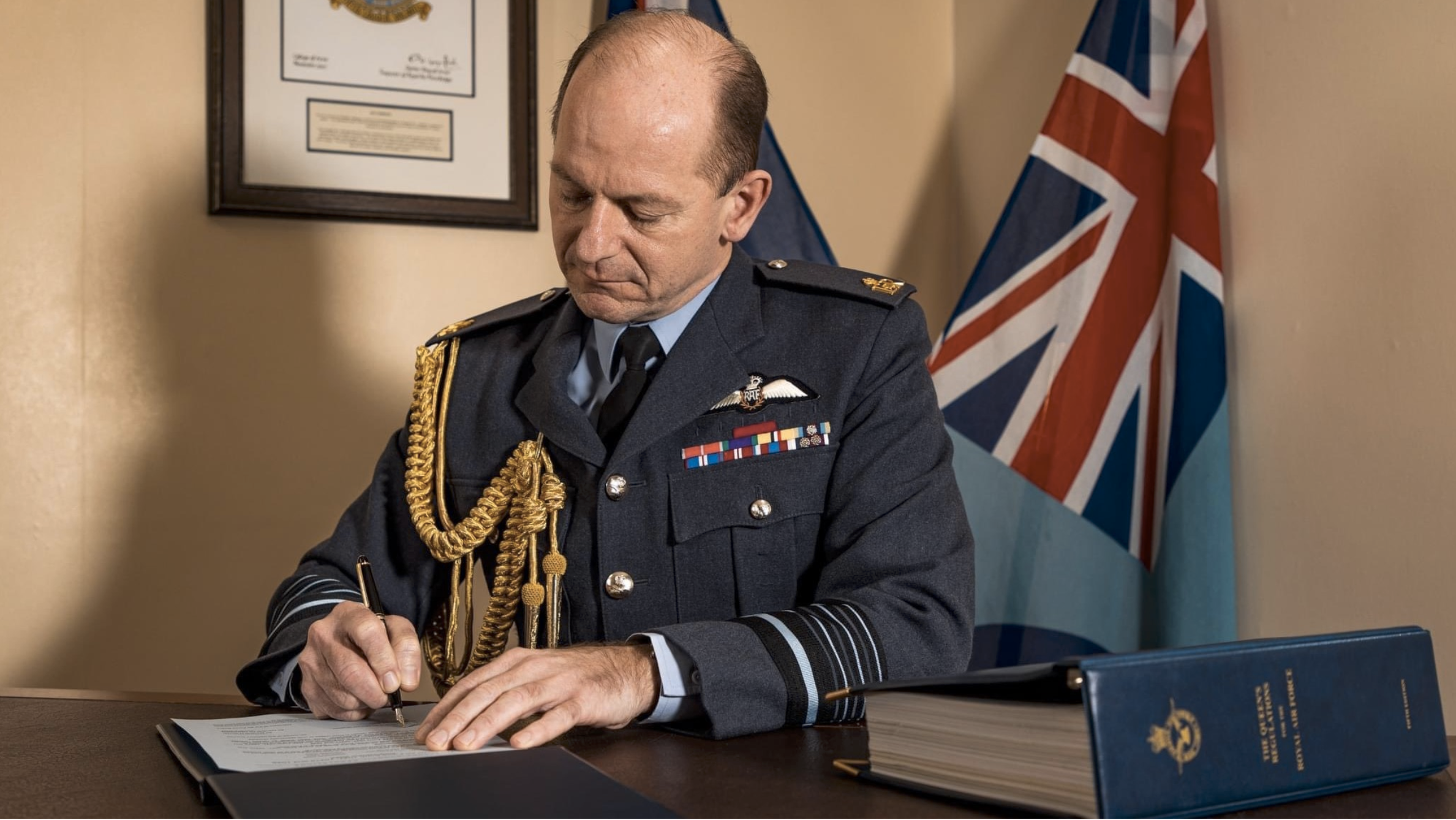The King's Grace

HISTORY
The King’s Grace
by
John Buchan
29 March 2025
“The Englishman is taught to love the King as his friend, but to acknowledge no other master than the laws which himself has contributed to enact.”
The King’s Grace
by John Buchan
“Here is the principle of British Parliamentary democracy. It has stood the test of time. It is why the British Parliament is referred to as the mother of Parliaments.”
PROLOGUE
In his prologue, John Buchan writes:
For fifteen centuries, there have been kings in Britain, and for more than 300 years there has been a single kingship. It has changed in character, but it has succeeded in adapting itself always to the changing conditions of our people. Like many of the deeper truths of government, it cannot be readily defined. Parliament can alter the laws at will, but the 17th Century doctrine still holds that there is a “law fundamental,” which may not be tampered with as long as the nation remains what it is. So kingship, which during the ages has shed much of its own power, yet maintains its central function, and continues to be a primary instinct of our people.
In the last 200 years, while the throne has lost in definable powers, it has gained in significance. There have been wise monarchs and some not so wise, but the inherent and accumulated majesty of the office has increased. It is not only higher than any other human state, but of a different kind from any other. It is the point around which coheres the nation’s sense of a continuing personality. In any deep stirring of heart, the people turn to that ancient, abiding thing behind governments, which they dimly feel to be the symbol of their past achievement and their future hope.
The last quarter of a century has been a testing time for Britain and for the world[i]. But one thing has endured – our kingship. It has emerged from the conflict[ii] more broadly based, more widely reverenced, than in the greatest days of Plantagenet and Tudor.
But the throne has changed its character and in other things besides constitutional practice. It has come closer to the lives and interests of the citizen. The King is to-day far more a peoples king than when an Edward or a Henry returned in triumph from the French wars. The office has come into the light of common day without losing its traditional glamour. Since the Tudors the phrase has been the King’s Majesty. To-day the older form of words is the more fitting, the King’s Grace.
There is nothing quite like the status of our Crown in the modern world. In legal theory it can do no wrong; its Ministers alone are responsible and accountable. The King is of no class, being above classes; he is as much akin to the worker in the mine and to the labourer in the field as to the highest nobility. He can have no party bias, for his only bias is towards the whole people. He cannot initiate policies, though he creates the atmosphere that makes policies feasible. What is done in his name in the ordinary business of government is the work of others, and to them goes the blame or the credit. Of his own accord he does not interfere, unless there is a turning of distracted partisans to him, as to the traditional bulwark of the nation. When in a high mood of exhortation or sorrow the nation becomes a conscious unity and turns to him, then and only then does he intervene.
But the pedestal on which the Crown is placed is also a watch-tower. having the whole people in its care, and having no prejudice of class or dogma or party, it is concerned only with the profounder movements of national destiny. So in this year of his Silver Jubilee I have tried to present the spectacle of his reign with the Throne as the abiding background – such a spectacle as might be viewed from a high tower.
John Buchan. 1935
[i] 1900-1925
[ii] The Great War 1914-1918 later known as the First World War
29 March 2025
Kenneth Webb





